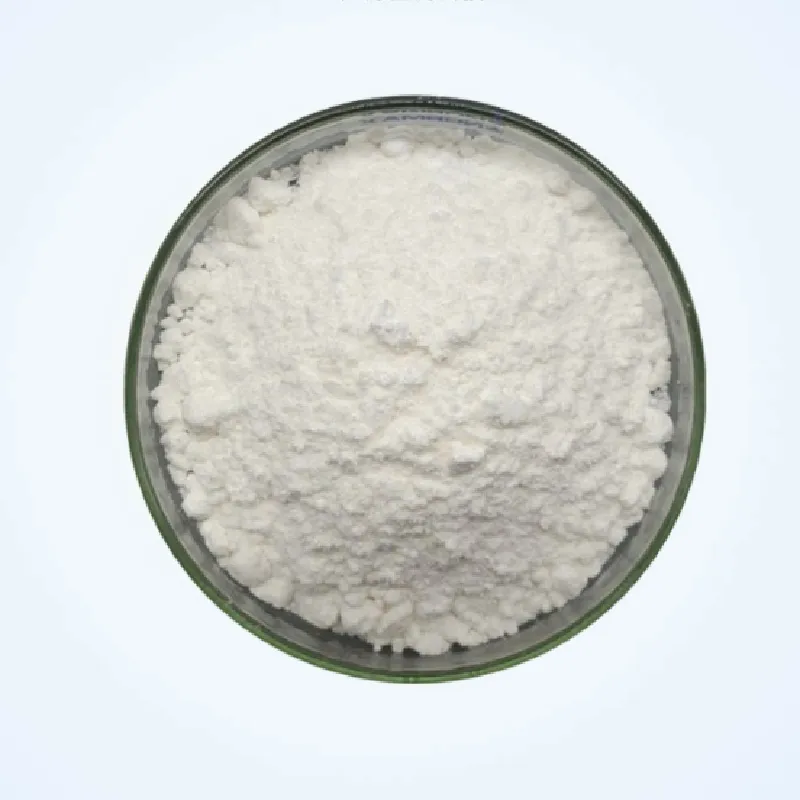Warning: Undefined array key "title" in /home/www/wwwroot/HTML/www.exportstart.com/wp-content/themes/1198/header.php on line 6
Warning: Undefined array key "file" in /home/www/wwwroot/HTML/www.exportstart.com/wp-content/themes/1198/header.php on line 7
Warning: Undefined array key "title" in /home/www/wwwroot/HTML/www.exportstart.com/wp-content/themes/1198/header.php on line 7
Warning: Undefined array key "title" in /home/www/wwwroot/HTML/www.exportstart.com/wp-content/themes/1198/header.php on line 7
- Afrikaans
- Albanian
- Amharic
- Arabic
- Armenian
- Azerbaijani
- Basque
- Belarusian
- Bengali
- Bosnian
- Bulgarian
- Catalan
- Cebuano
- China
- China (Taiwan)
- Corsican
- Croatian
- Czech
- Danish
- Dutch
- English
- Esperanto
- Estonian
- Finnish
- French
- Frisian
- Galician
- Georgian
- German
- Greek
- Gujarati
- Haitian Creole
- hausa
- hawaiian
- Hebrew
- Hindi
- Miao
- Hungarian
- Icelandic
- igbo
- Indonesian
- irish
- Italian
- Japanese
- Javanese
- Kannada
- kazakh
- Khmer
- Rwandese
- Korean
- Kurdish
- Kyrgyz
- Lao
- Latin
- Latvian
- Lithuanian
- Luxembourgish
- Macedonian
- Malgashi
- Malay
- Malayalam
- Maltese
- Maori
- Marathi
- Mongolian
- Myanmar
- Nepali
- Norwegian
- Norwegian
- Occitan
- Pashto
- Persian
- Polish
- Portuguese
- Punjabi
- Romanian
- Russian
- Samoan
- Scottish Gaelic
- Serbian
- Sesotho
- Shona
- Sindhi
- Sinhala
- Slovak
- Slovenian
- Somali
- Spanish
- Sundanese
- Swahili
- Swedish
- Tagalog
- Tajik
- Tamil
- Tatar
- Telugu
- Thai
- Turkish
- Turkmen
- Ukrainian
- Urdu
- Uighur
- Uzbek
- Vietnamese
- Welsh
- Bantu
- Yiddish
- Yoruba
- Zulu
Nov . 10, 2024 06:23 Back to list
Is Xanthan Gum a Healthy Ingredient for Your Diet and Gut?
Is Xanthan Gum Healthy? Exploring Its Benefits and Drawbacks
Xanthan gum is a polysaccharide commonly used as a thickening agent, stabilizer, and emulsifier in various food products. Derived from the fermentation of glucose or sucrose by the bacterium Xanthomonas campestris, xanthan gum has become a staple in gluten-free baking, salad dressings, sauces, and many processed foods. However, as with any additive, questions arise regarding its health implications. In this article, we will delve into xanthan gum's health aspects, its potential benefits, and possible downsides.
Nutritional Profile and Uses
Xanthan gum itself is low in calories and does not contain any significant amounts of macronutrients like proteins, fats, or carbohydrates. Its primary function in food is to enhance texture, impart creaminess, and improve the shelf-life of products. For those following gluten-free diets, xanthan gum serves as a crucial ingredient to replicate the elasticity and texture usually provided by gluten.
Because of its gelling properties, xanthan gum is widely used in various food applications. It's often found in gluten-free breads, bakery products, dairy alternatives, and dressings, allowing these items to maintain a desirable consistency without gluten.
Potential Health Benefits
1. Digestive Health One of the notable advantages of xanthan gum is its potential to aid digestive health. As a soluble fiber, it can promote regular bowel movements and enhance gut health. Preliminary studies suggest that it may help with constipation by adding bulk to stool and providing a calming effect on the digestive tract.
2. Blood Sugar Regulation Some research indicates that xanthan gum may have a positive effect on blood sugar levels. By slowing down glucose absorption in the intestines, it can potentially aid in glycemic control, which is particularly beneficial for individuals with diabetes.
3. Satiety and Weight Management Because it is fiber-based, xanthan gum can contribute to feelings of fullness. This might help individuals manage their appetite and reduce overall caloric intake, serving as a supportive tool for those seeking weight management solutions.
xanthan gum is it healthy

Safety and Possible Side Effects
While xanthan gum is generally recognized as safe (GRAS) by the Food and Drug Administration (FDA), it is not without its concerns. Some individuals may experience side effects, particularly when consuming it in large amounts.
1. Gastrointestinal Issues High doses of xanthan gum may lead to bloating, gas, and diarrhea in sensitive individuals. This is particularly true for those who are not accustomed to high-fiber diets. It's advisable to introduce it gradually into the diet to allow the digestive system to adapt.
2. Allergic Reactions Although rare, some individuals may have allergic reactions to xanthan gum, especially those with sensitivities to certain grains or ingredients used in its production. Symptoms can range from mild gastrointestinal discomfort to more severe reactions in predisposed individuals.
3. Impact on Nutrient Absorption There are concerns that excessive consumption of xanthan gum may impede the absorption of certain nutrients. This may be particularly relevant for those relying heavily on processed foods containing xanthan gum as their primary source of nutrition.
Conclusion
In summary, xanthan gum is a useful and versatile ingredient that offers several benefits, especially for those on gluten-free diets or looking for ways to improve digestive health. Its ability to enhance food texture and stability makes it an attractive option in various culinary applications. However, like any food additive, moderation is key. Individuals should be conscious of their overall fiber intake and start with small amounts to gauge their tolerance.
For most people, xanthan gum can be part of a healthy diet when used appropriately. As with any dietary change or inclusion of new ingredients, especially for those with existing health conditions, it is always a good idea to consult with a healthcare professional or nutritionist.
Latest news
-
Certifications for Vegetarian and Xanthan Gum Vegetarian
NewsJun.17,2025
-
Sustainability Trends Reshaping the SLES N70 Market
NewsJun.17,2025
-
Propylene Glycol Use in Vaccines: Balancing Function and Perception
NewsJun.17,2025
-
Petroleum Jelly in Skincare: Balancing Benefits and Backlash
NewsJun.17,2025
-
Energy Price Volatility and Ripple Effect on Caprolactam Markets
NewsJun.17,2025
-
Spectroscopic Techniques for Adipic Acid Molecular Weight
NewsJun.17,2025

